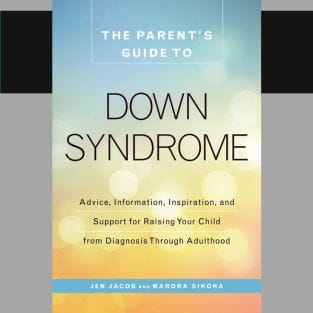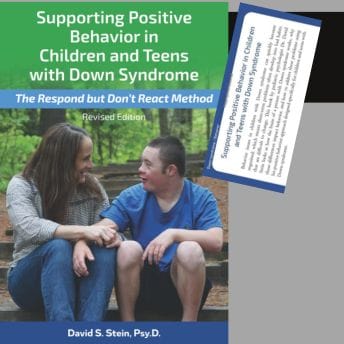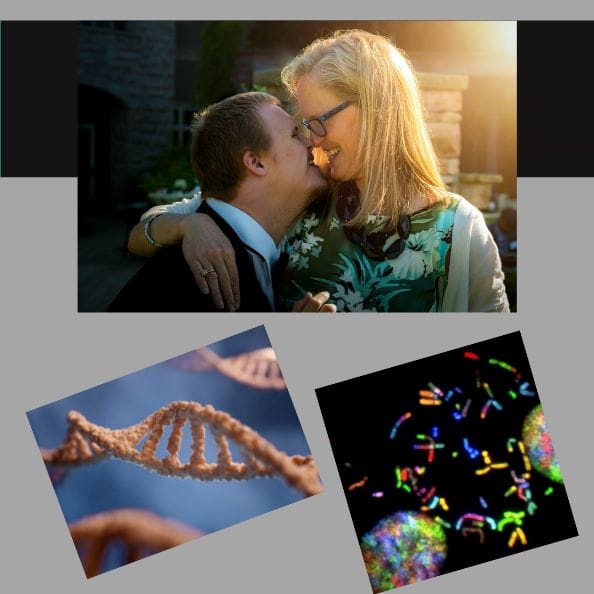Key Takeaways:
- Down Syndrome is a genetic condition caused by an extra chromosome 21.
- Early intervention and supportive therapies can significantly improve quality of life.
- Awareness and inclusion are crucial for the well-being of individuals with Down Syndrome.
Understanding Down Syndrome
Down Syndrome, also known as Trisomy 21, is a genetic disorder that occurs when an individual has an extra copy of chromosome 21.
This additional genetic material alters the course of development and causes the characteristics associated with Down Syndrome. The condition is named after Dr. John Langdon Down, who first described it in 1866.
The prevalence of Down Syndrome is approximately 1 in 700 live births, making it one of the most common chromosomal conditions. Despite its frequency, there are many misconceptions about Down Syndrome, which can lead to stigma and misunderstanding.
It's essential to educate ourselves to foster a more inclusive society.
Here's a resource that's been reviewed as a "one-stop shop book" where you get a guide as a parent of a child with Down Syndrome — from diagnos to adulthood.

Causes of Down Syndrome
The primary cause of Down Syndrome is the presence of an extra chromosome 21. This can occur due to three types of chromosomal abnormalities:
- Trisomy 21, where every cell in the body has three copies of chromosome 21, accounts for about 95% of cases.
- Translocation occurs when a part of chromosome 21 attaches to another chromosome, while
- Mosaicism which involves a mixture of cells, some with the usual 46 chromosomes and others with an extra chromosome 21.
*The exact cause of these chromosomal changes is not fully understood, but maternal age is a known risk factor.
Symptoms and Characteristics
Individuals with Down Syndrome often exhibit distinct physical features such as a flat facial profile, upward slanting eyes, and a single deep crease across the palm. They may also have low muscle tone, short stature, and a protruding tongue.
However, not all individuals will have the same features, and the severity can vary.
Cognitive delays are common in Down Syndrome, but the degree of intellectual disability ranges widely. Some individuals may have mild to moderate cognitive impairment, while others may experience more significant challenges.
*Early intervention and educational support can help maximize their potential.
Health Complications
People with Down Syndrome are at an increased risk for certain health issues.
- Congenital heart defects are present in nearly half of all individuals with Down Syndrome.
- Other common health concerns include respiratory problems, hearing loss, and thyroid conditions.
*Regular medical check-ups are crucial for early detection and management of these issues.
Additionally, individuals with Down Syndrome are more likely to develop conditions such as Alzheimer's disease, leukemia, and autoimmune disorders.
*Despite these challenges, many people with Down Syndrome lead healthy and fulfilling lives with proper medical care and support.
This book has been reviewed as "grounding, uplifting, funny, serious and SMART! It reminds us about the essentials of life - to recognize and to remember to appreciate the gifts life give us".

Early Intervention and Therapies
Early intervention is vital for children with Down Syndrome.
Programs that provide physical, occupational, and speech therapy can significantly enhance development.
*These therapies focus on improving motor skills, communication, and social interactions, which are crucial for overall growth.
For example,
- physical therapy can help address low muscle tone and improve coordination,
- speech therapy can assist with language development and articulation, and
- occupational therapy focuses on daily living skills, enabling greater independence.
*The earlier these interventions begin, the better the outcomes for the child.
Educational Support
Education plays a critical role in the development of children with Down Syndrome.
Inclusive education, where children with Down Syndrome learn alongside their peers, has been shown to have numerous benefits. It promotes social skills, self-esteem, and academic achievement.
Individualized Education Programs (IEPs) are tailored to meet the specific needs of each child. These plans outline goals and the support required to achieve them.
*Collaboration between teachers, parents, and specialists is essential to create an effective learning environment.
Social Inclusion and Advocacy
Social inclusion is fundamental for the well-being of individuals with Down Syndrome.
Encouraging participation in community activities, sports, and social events helps build confidence and fosters a sense of belonging. Advocacy groups play a crucial role in promoting awareness and fighting for the rights of individuals with Down Syndrome.
Organizations such as the National Down Syndrome Society (NDSS) and the Global Down Syndrome Foundation work tirelessly to support individuals and their families ...
*They provide resources, advocate for policy changes, and promote research to improve the quality of life for those with Down Syndrome.
Employment and Independent Living
With the right support, many individuals with Down Syndrome can lead independent and productive lives ... Employment opportunities are essential for financial independence and self-worth.
Job training programs and supported employment services can help individuals with Down Syndrome find and maintain meaningful work.
Independent living is another important aspect. While some individuals may require ongoing support, others can live independently with minimal assistance.
Housing options such as group homes or supported living arrangements provide a balance of independence and support.
Research and Advances
Research in Down Syndrome has made significant strides in recent years. Scientists are exploring various aspects, from understanding the genetic basis to developing targeted therapies. Advances in prenatal screening and diagnostic techniques have also improved early detection.
- One promising area of research is the development of drugs that can enhance cognitive function in individuals with Down Syndrome. While these treatments are still in the experimental stage, they hold potential for improving quality of life.
*Ongoing research is crucial for uncovering new ways to support individuals with Down Syndrome.
This resource has been reviewed as "spot on and incredibly practical!" by readers

Myths and Misconceptions
There are many myths and misconceptions about Down Syndrome that contribute to stigma and discrimination.
- One common myth is that individuals with Down Syndrome have a short life expectancy. While it is true that they may face health challenges, advancements in medical care have significantly increased life expectancy.
- Another misconception is that people with Down Syndrome cannot lead productive lives. Many individuals with Down Syndrome have successful careers, relationships, and hobbies.
*It's important to challenge these stereotypes and recognize the capabilities and potential of individuals with Down Syndrome.
FAQ
Q: What causes Down Syndrome?
A: Down Syndrome is caused by an extra copy of chromosome 21. This can occur due to Trisomy 21, Translocation, or Mosaicism.
The exact cause of these chromosomal changes is not fully understood, but maternal age is a known risk factor.
Q: How can early intervention help children with Down Syndrome?
A: Early intervention programs that provide physical, occupational, and speech therapy can significantly enhance development.
These therapies focus on improving motor skills, communication, and social interactions, which are crucial for overall growth.
Q: Are individuals with Down Syndrome able to live independently?
A: With the right support, many individuals with Down Syndrome can lead independent and productive lives.
Employment opportunities and housing options such as group homes or supported living arrangements provide a balance of independence and support.
Summing Up
Down Syndrome is a genetic condition that affects many aspects of an individual's life.
- Understanding its causes, symptoms, and the importance of early intervention can help improve outcomes.
- Education, social inclusion, and advocacy are crucial for supporting individuals with Down Syndrome.
*With ongoing research and advances in medical care, the future looks promising for those with this condition.
Disclaimer. When you purchase through links on our site, we may earn an affiliate commission (that's how we stay in business). FirstFewFinds may use affiliate links to products and services on retailer sites for which we can receive compensation if you click on those links or make purchases through them. We hope you find the list of our first few finds useful and helpful. Each product on our list has been carefully chosen by our writers and all opinions are our own. Check your choices and enjoy finding exactly what you need!








